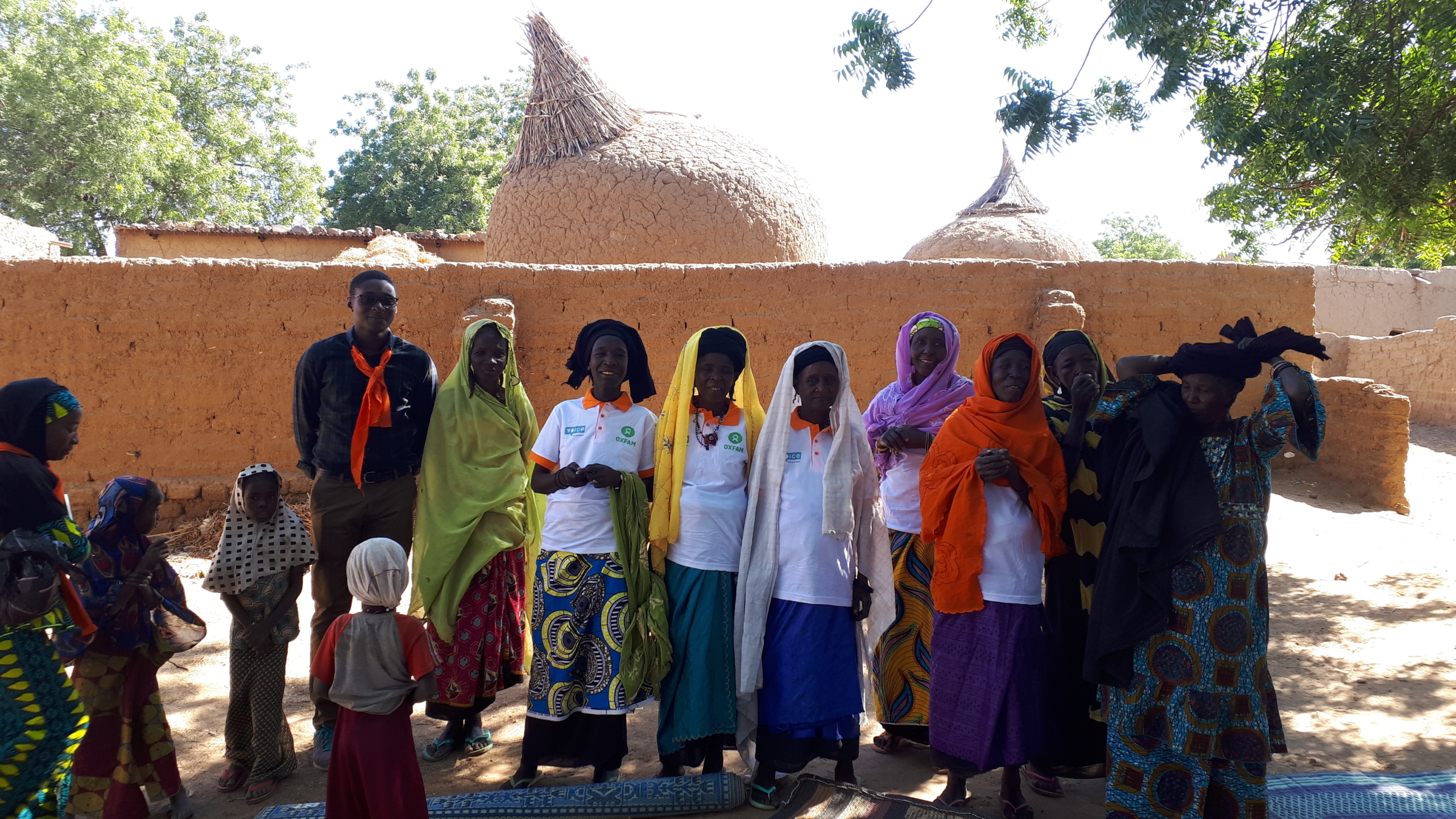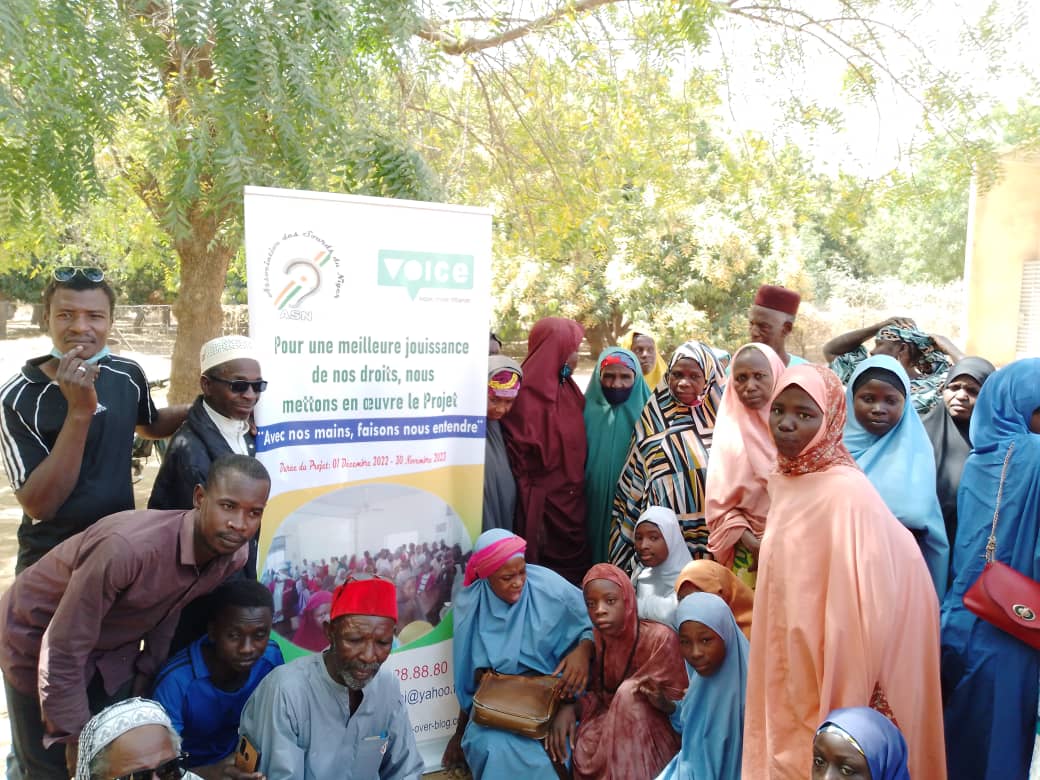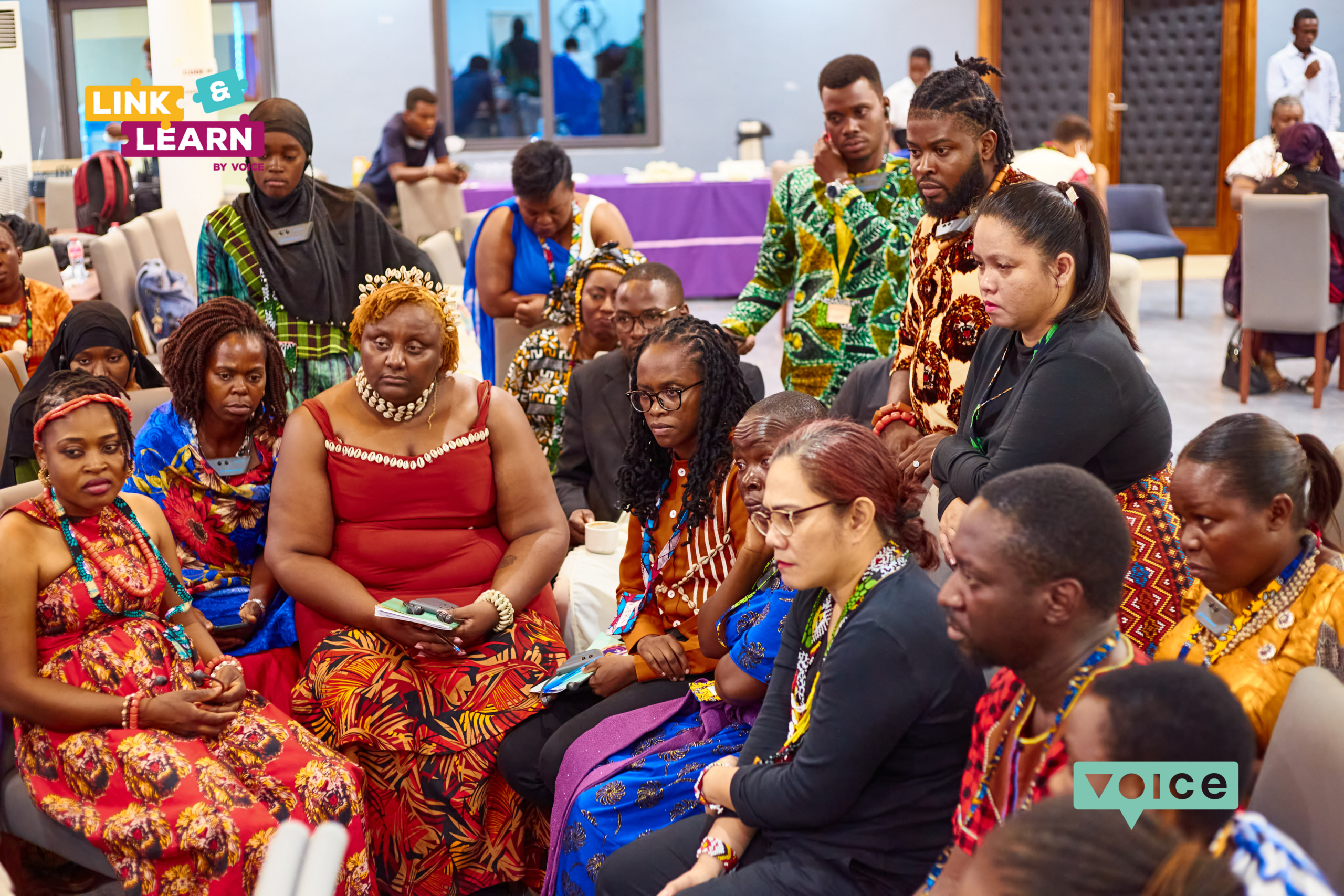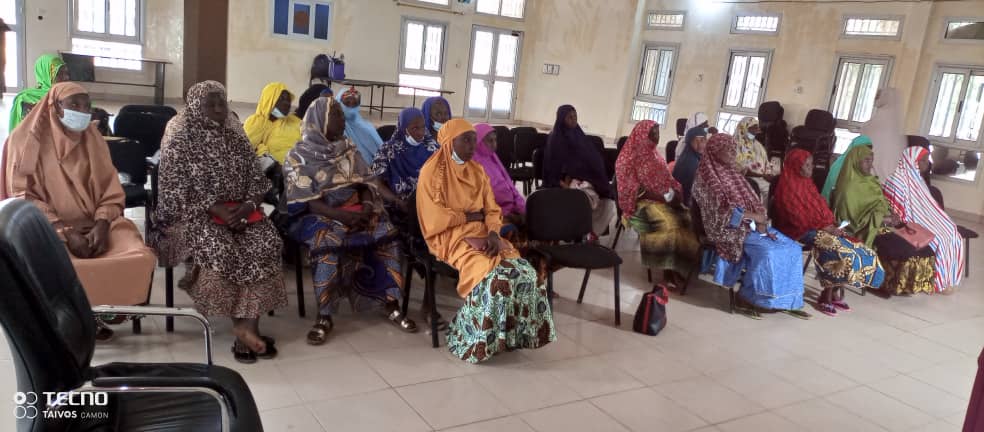On the road to power
Rural women becoming aware of their “legitimacy” and their “elective” eligibility
By Mariama Ibrahim Dodo Boukari, focal point of “Women’s Political Participation for Inclusive Development” , Leadership Challenges, Voice’s empowerment grantee in Niger.
In Niger, in some rural communities, it is not uncommon for women who have no formal education to be stripped of their right to access political decision-making bodies. Several cases have confirmed this. The project “Women’s Political Participation for Inclusive Development (WPPID)“, which in Haussa (the language of the project area) means “Siyasar Mata, Hanyar Cigaban Al’uma“, aims to make social inclusion and the promotion of women’s leadership a reality. The issue of women’s involvement in decision-making processes continues to attract a lot of attention. This is despite the many initiatives and strategies put in place to take into account the gender perspective both in law and in their application.
The project, which is being implemented just before the local, legislative and presidential elections in Niger (scheduled for 27th of December), gives impetus to grassroots communities to mobilise, to recognise and to create conditions for better exercising of women’s civic rights in general and their political rights specifically. This involves strengthening capacities of women’s leadership and strengthening the leadership of opinion leaders as strategic allies.
Finally, the project envisages creating a critical mass for change for better representation of women in key decision-making opportunities at the household, community, local and national levels.
Here are the experiences of three women involved in politics in their communities;
Nana Harouna
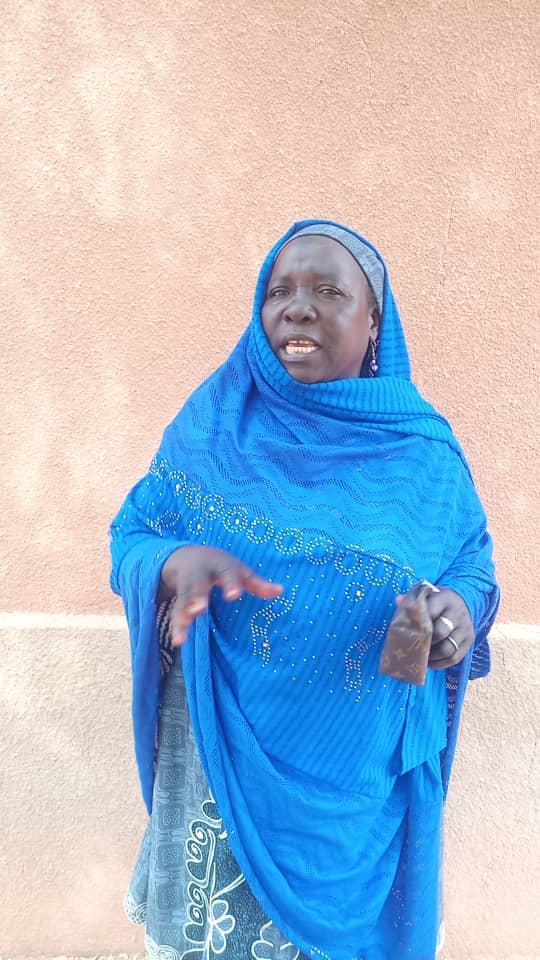
My name is Nana Harouna, I am 42 years old, married and mother of five children. I am the local chairperson of my political party in the township of Gangara (Gazaoua department). I have suffered a lot alongside men in politics because of my ‘status as a woman’ and also because I am illiterate. This has been a barrier for me and I withdrew my candidacy in the local elections. Men in my political party made me believe that an illiterate woman is not eligible to stand for elections. It was during the legal training governing women’s participation in politics and the electoral process provided by the NGO Leadership Challenges, that I learnt that the laws set a percentage for the participation of people like me who can neither read nor write. From then on, I committed to fighting for my political and civic ambitions. I would like to thank the NGO Leadership Challenges and its partner VOICE for this information.
Adé Garba
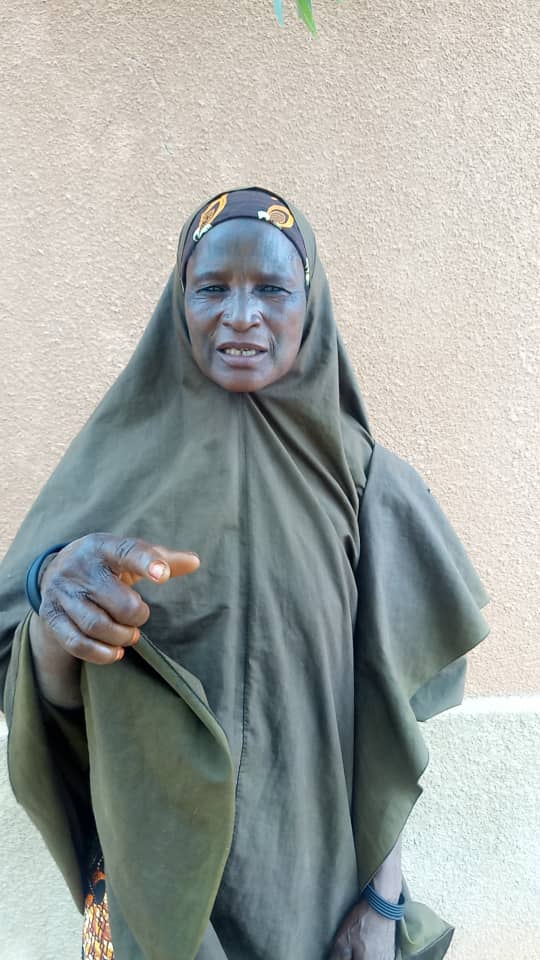
Peulh of her origin Adé Garba, from the village of Charindawa (Gangara), is the women’s chairperson of her political party. She says, “I had a majority of votes that earned me the position of locally elected representative in my district. Unfortunately, because of ‘being a woman’ and my ignorance, the position was taken away from me under the false pretext that I am illiterate. In the face of my continuous protests, I was given a mill as compensation for the damage caused. With the newly acquired knowledge on the laws governing the active participation of women in political life and the electoral process, I commit myself to no longer tolerate any attempt to buy my conscience but to assert myself as an elected member of the town council”.
Fatchima Ibrahim
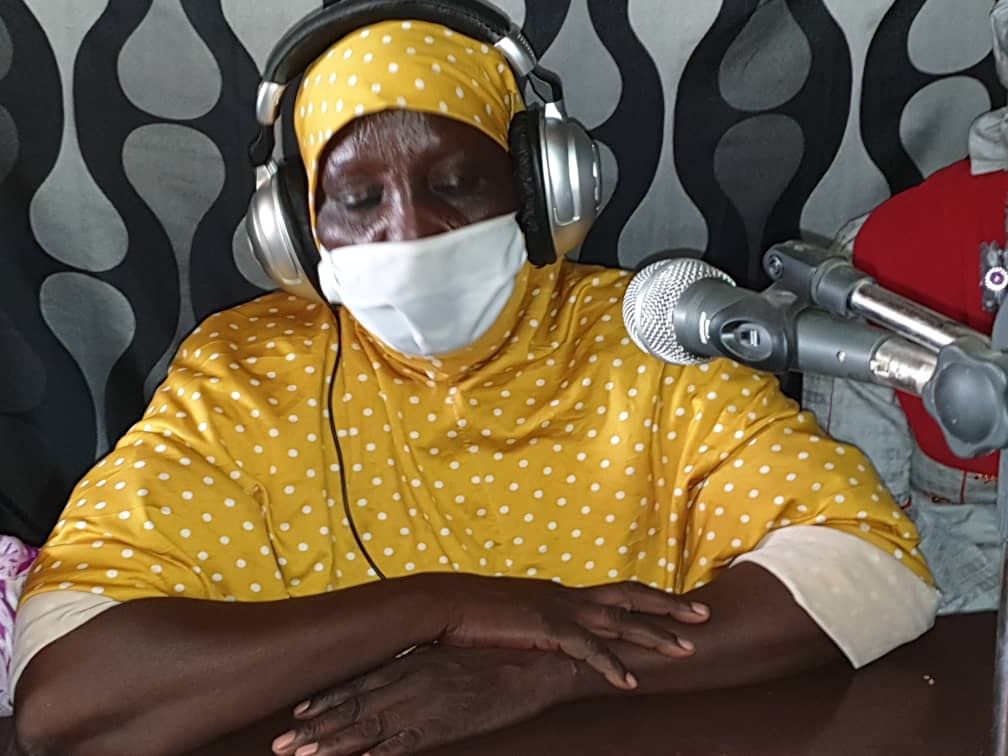
I am Fatchima Ibrahim, a member of the supervisory team of the election and voting centres in the district of Djirataoua. I have been appointed on behalf of the MMD programme (Mata Masu Dubara) to be instrumental in mobilising women to get involved in politics. To do this, I travelled to ten villages in one week and in these ten villages I had to make sure that women are part of the mobilisation teams which were previously only made up of men. Registration is the first step in political participation. I invited women to come out in large numbers, to fight, to fulfil their civic duty and to mobilise around their sister candidates to raise the voice of women, because we are more than men, so why should we let ourselves be dominated?
Based on the training and information they have received from the NGO Leadership Challenges, they have now understood that nothing is impossible for them politically and, above all, they are the instruments of change for themselves. It is time to stop all forms of abuse against women.

